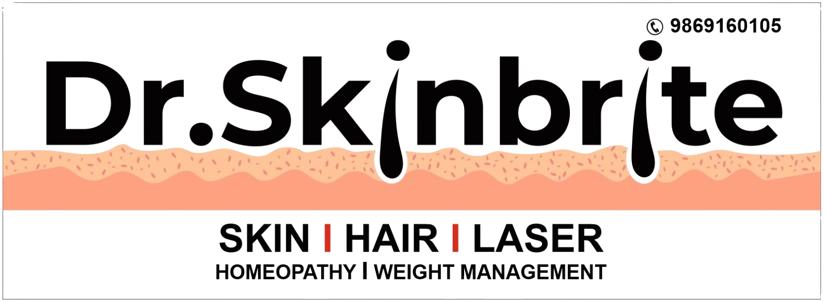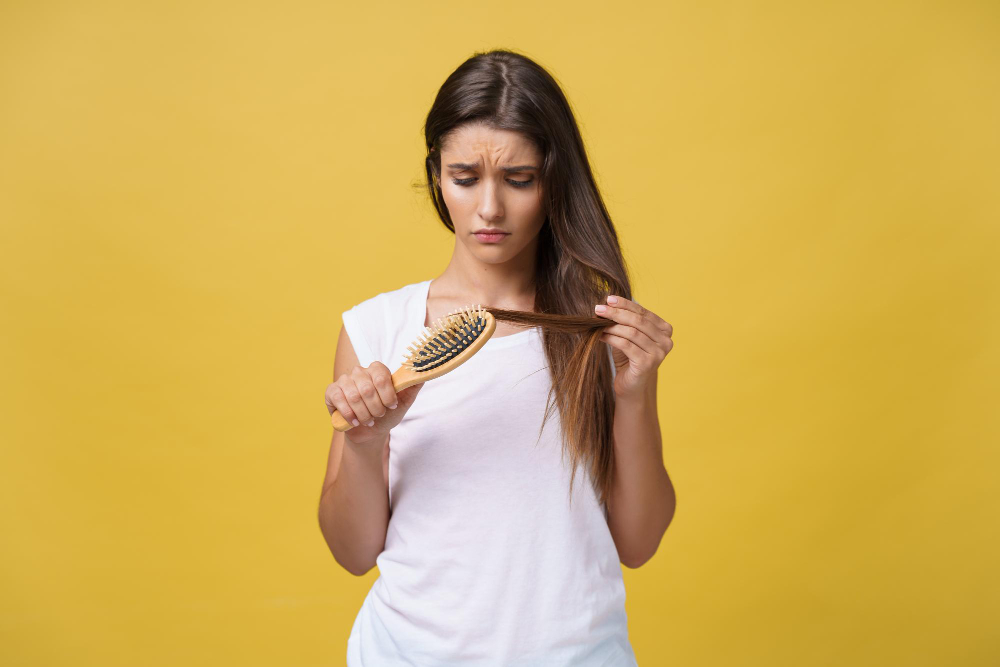What is Hair Fall?
Hair fall means losing more hair than usual from your scalp. Usually, it is normal to lose 50 to 100 hairs each day. However, when you notice more hair on your pillow, comb, or shower drain, it may be a sign of hair fall. For many people, hair fall can cause worry and affect self-confidence. But, understanding the reasons behind hair loss can help you find the best solutions.
Common Symptoms of Hair Fall
Hair fall can show up in different ways. Sometimes, it happens slowly. Other times, it may be sudden. Here are some common symptoms:
Sometimes, you may also see changes in your nails or skin. If you notice any of these signs, it is important to pay attention.
Major Causes of Hair Fall
There are many reasons for hair fall. Some causes are temporary, while others may be long-lasting. Here are the most common causes:
Additionally, sudden weight loss or surgery can also cause hair fall. According to the American Academy of Dermatology, most people will experience some hair loss in their lifetime.
Diagnosis: How Hair Fall is Evaluated
Doctors use several ways to find the cause of hair fall. First, they ask about your health, family history, and daily habits. Next, they may check your scalp and hair closely. Sometimes, doctors perform simple tests, such as gently pulling a few hairs to see how many come out. In some cases, blood tests help check for thyroid problems or low iron. Rarely, a small piece of scalp skin may be taken for testing. This helps rule out infections or skin diseases. Early diagnosis can help you find the best hair fall treatment.
Effective Treatments for Hair Fall
Treating hair fall depends on its cause. Here are some of the best hair fall treatments:
For some people, treating the underlying medical condition can stop hair fall. Always talk to a doctor before starting any new treatment. The World Health Organization recommends seeking medical advice for sudden or severe hair loss.
Lifestyle Tips to Prevent Hair Fall
While not all hair fall can be prevented, some simple steps may help reduce your risk:
Moreover, regular scalp massages may improve blood flow and support hair health. Small changes in your daily routine can make a big difference.
When to See a Dermatologist
Sometimes, hair fall can be a sign of a health problem. You should see a dermatologist if:
Early help from a skin doctor can prevent further hair loss and improve your results. Do not wait too long if you are worried about your hair.
Consult a dermatologist for personalized advice on hair fall.

